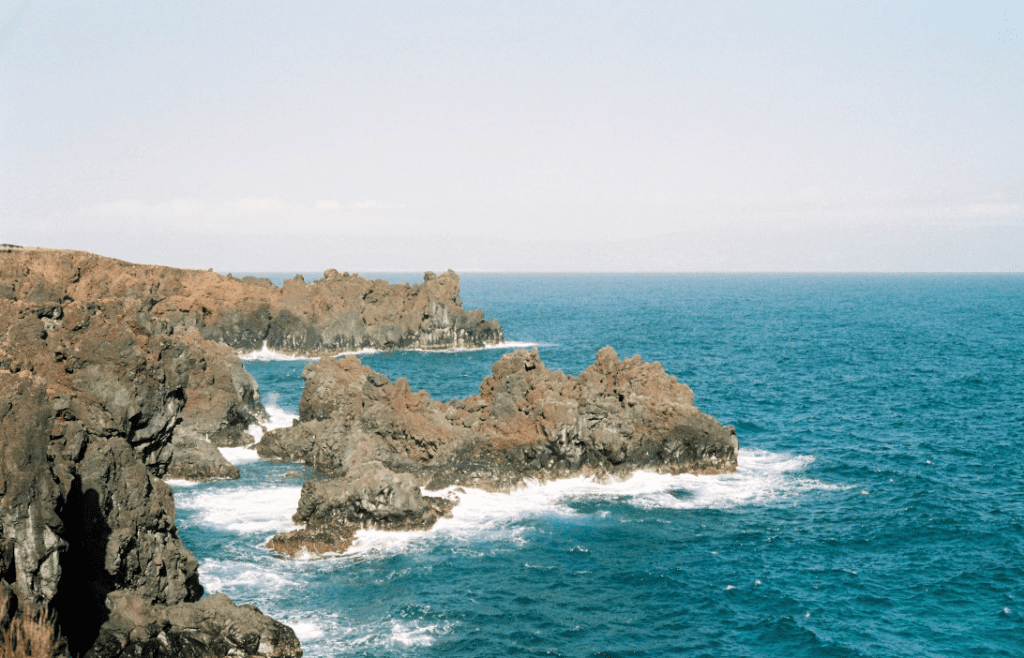Sustainable Dredging in Nigeria: Safeguarding Coastal Ecosystems for a Thriving Future

Nigeria’s extensive coastline, teeming with rich biodiversity and vital ecosystems, is a national treasure. However, these coastal environments are increasingly under threat from various factors, including unsustainable dredging practices. As the demand for dredging projects grows to support economic development, it is imperative to prioritize environmentally responsible approaches that minimize ecological impact and promote sustainable resource management.
This comprehensive article delves into the critical importance of sustainable dredging in Nigeria, exploring the environmental challenges associated with dredging, highlighting innovative methods to mitigate these impacts, and emphasizing the role of sustainable practices in safeguarding the delicate balance of Nigeria’s coastal ecosystems.
The Environmental Impact of Dredging
Dredging, while essential for port development, navigation, and coastal protection, can have significant environmental consequences if not conducted responsibly. Some of the key environmental concerns associated with dredging include:
- Habitat Disruption: Dredging can directly destroy or alter marine habitats like coral reefs, seagrass beds, and mangrove forests, which serve as vital breeding and feeding grounds for numerous species.
- Sedimentation and Turbidity: The resuspension of sediments during dredging can increase turbidity, reducing light penetration and affecting photosynthesis in aquatic plants. It can also smother benthic organisms and disrupt the food chain.
- Water Pollution: Dredging can release pollutants like heavy metals, hydrocarbons, and other contaminants that have accumulated in sediments, posing risks to aquatic life and human health.
- Noise Pollution: The noise generated by dredging equipment can disturb marine mammals and other sensitive species, affecting their communication, navigation, and feeding behavior.
- Coastal Erosion: Improperly managed dredging can alter sediment transport patterns, leading to increased coastal erosion and loss of valuable land.
Sustainable Dredging Practices: A Pathway to Environmental Stewardship
To mitigate the environmental impact of dredging, it is crucial to adopt sustainable practices that prioritize the protection of coastal ecosystems. Some key strategies include:
- Environmental Impact Assessment (EIA): Conduct thorough EIAs before initiating any dredging project to assess potential environmental risks and identify mitigation measures.
- Minimizing Dredging Footprint: Utilize precise dredging techniques and equipment to minimize the area of seabed disturbance and reduce sediment resuspension.
- Sediment Management: Implement effective sediment management plans, including the use of silt curtains, sediment traps, and controlled disposal methods to prevent the spread of contaminated sediments.
- Water Quality Monitoring: Establish comprehensive water quality monitoring programs to track changes in turbidity, dissolved oxygen, and pollutant levels during and after dredging operations.
- Habitat Restoration: Develop and implement habitat restoration plans to compensate for any unavoidable habitat loss or damage caused by dredging.
- Beneficial Use of Dredged Material: Explore opportunities for the beneficial use of dredged material, such as beach nourishment, wetland creation, or construction projects, instead of simply disposing of it.
- Noise Mitigation: Employ noise reduction technologies and operational strategies to minimize the impact of dredging noise on marine life.
- Community Engagement: Involve local communities and stakeholders in the planning and monitoring of dredging projects to ensure their concerns are addressed and benefits are shared equitably.
Innovations in Sustainable Dredging
Advancements in dredging technology and environmental science are opening up new possibilities for sustainable practices. Some notable innovations include:
- Precision Dredging: The use of GPS-guided dredging equipment enables precise excavation and minimizes the impact on surrounding habitats.
- Hydrodynamic Modeling: Computer simulations can predict sediment transport patterns and optimize dredging operations to reduce environmental impact.
- Environmental Dredging: This technique involves removing contaminated sediments to improve water quality and restore degraded ecosystems.
- Alternative Dredging Methods: Exploring alternative methods like water injection dredging or airlift dredging can reduce sediment resuspension and minimize the need for mechanical excavation.
The Role of Government, Industry, and Communities
Achieving sustainable dredging in Nigeria requires a collaborative effort among various stakeholders:
- Government: Establish robust environmental regulations, provide incentives for sustainable practices, and enforce compliance with environmental standards.
- Industry: Invest in research and development of eco-friendly dredging technologies, adopt best practices, and prioritize transparency and accountability.
- Communities: Participate in decision-making processes, advocate for environmental protection, and monitor the impacts of dredging projects.
Conclusion
Sustainable dredging is not merely an environmental imperative; it is also an economic and social necessity for Nigeria. By embracing environmentally responsible practices, Nigeria can ensure that its dredging projects contribute to national development while safeguarding the invaluable coastal ecosystems that support livelihoods, biodiversity, and coastal resilience.
The path to sustainable dredging requires a paradigm shift, where environmental considerations are integrated into every stage of the dredging process. Through collaboration, innovation, and a commitment to environmental stewardship, Nigeria can harness the benefits of dredging while preserving its natural heritage for generations to come.